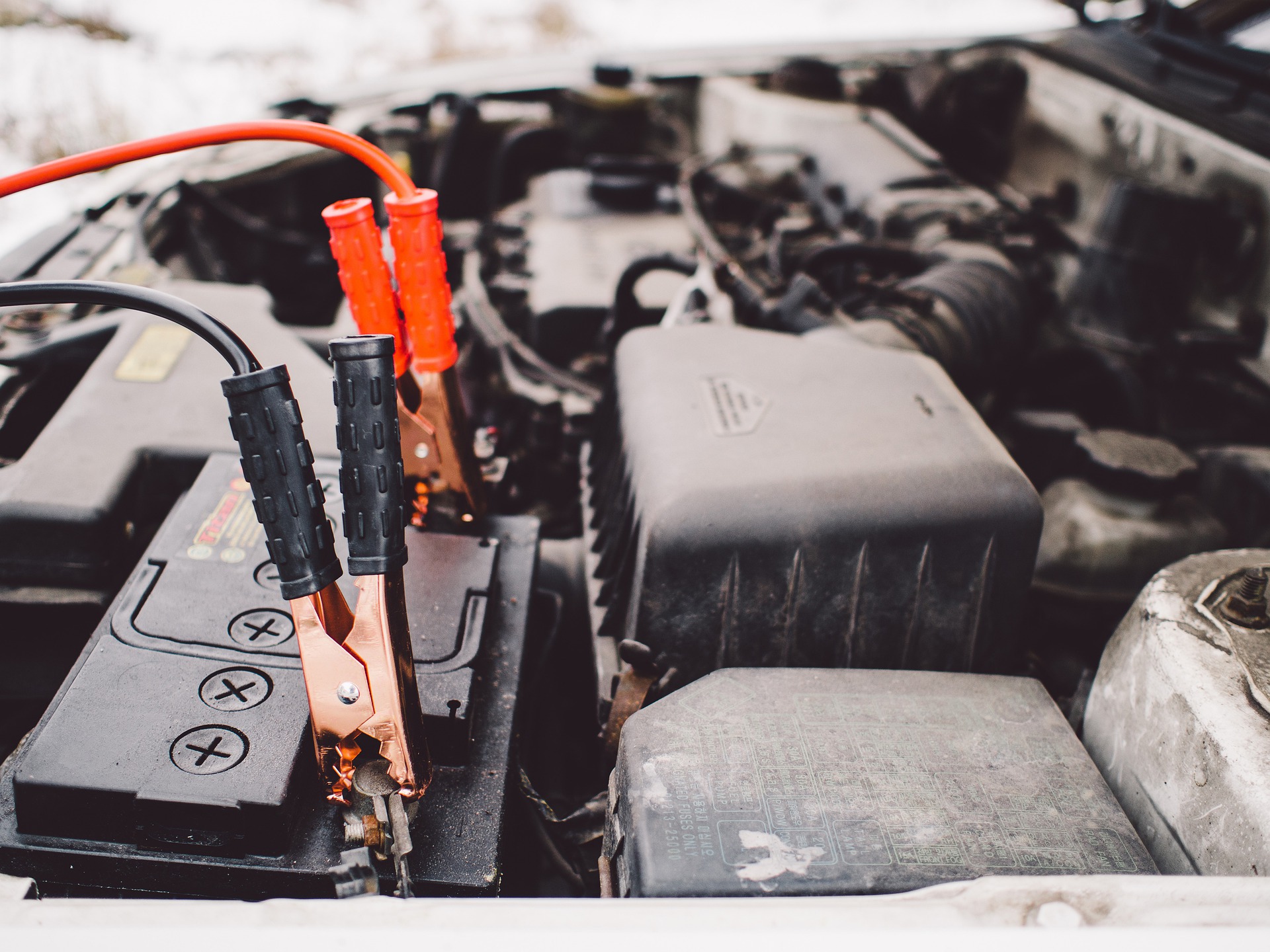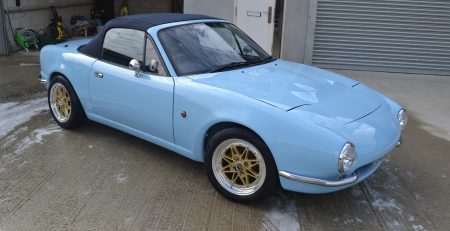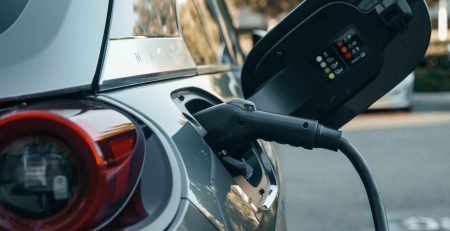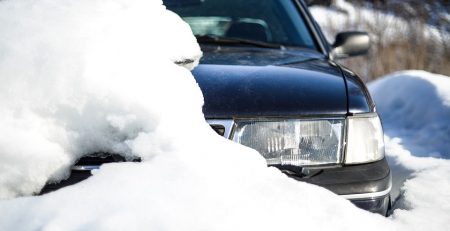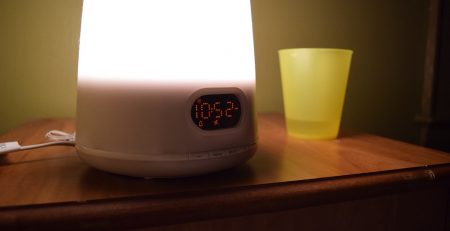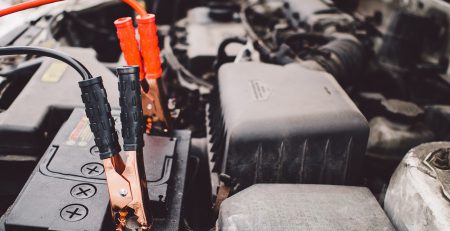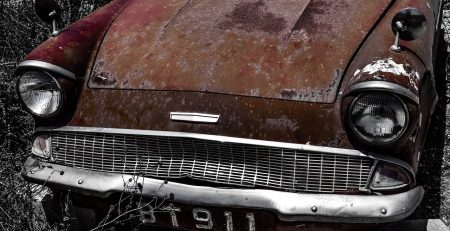September marks the return to school for most kids across the U.K but the phrase ‘back to school’ also has a secondary meaning.
In this article, we look to try and help with the supply of knowledge of some of the most common causes of car breakdown, as we enter these darker, shorter days, starting of course with flat batteries.
Batteries are more likely to fail, or be noticed to have failed, during autumn and winter and that’s because of 2 main reasons. Firstly, it takes more effort to crank over a stone cold engine than one with some warmth and on cold frosty mornings the car will draw more from the battery than say a day in July.
The battery also gets used a whole lot more in winter; lights, wipers and heaters are probably all more used in the months from September to March than in summer months. If you are only using your vehicle for short runs, maybe a short trip to work and back or a school run each day, there’s a chance that the power being taken from the battery will exceed the power generated by your cars alternator, to feed back in.
So, with autumn now well underway, you can easily check, or have checked, your battery to see if it’s still efficient. Most drive-in car exhaust and tyre centres offer this service for free, as do many car accessory shops, but check your battery yourself too as some now have a visual indicator with a colour that tells you if your battery needs some assistance.
Other issues this time of year are around squeaky belts and noises from the engine and this is also related to our previous point. As cars use more power and currant from the battery, it puts more stress on the drive belt, which, if lose or worn, can slip on the pulley and that’s what makes that awful noise.
Autumn is a good time to do a walk-around of your car also to check for worn tyres (which can be a serious issue on frosty mornings), binding window wipers, leaves blocking drainage holes and under the bonnet, coolant levels and antifreeze strength (don’t just use water unless advised to by your garage or manufacturer) and aircon gas. An aircon unit that’s run out of it’s gas, won’t be much use to you when your car is steaming up on that commute with the kids in the back.
Finally, just check all your bulbs are working ok. There’s a chance that if one or two has failed over summer, you’d not even be aware and again, you won’t want to discover this when in the wilderness in pitch black.


